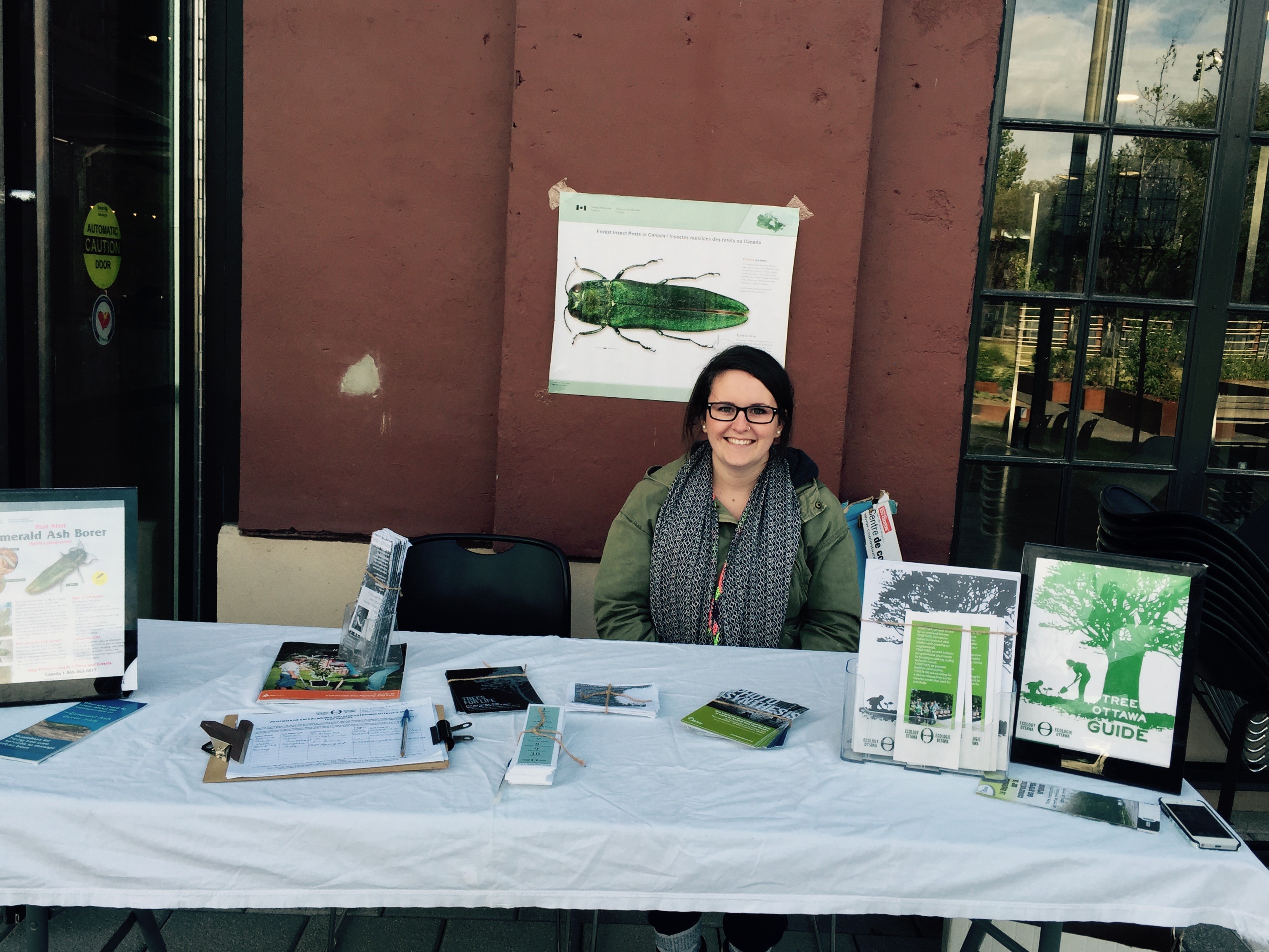Practicum and Cooperative Education Opportunities
Fourth-year Practicum
Practicum placements generally consist of in-office, in-laboratory or in-the-field opportunities with government departments, NGOs, and private sector businesses that provide students with real-world professional experience. Practicum and the department’s other cooperative education options give you the chance to explore great learning and career opportunities; apply current best practices in your field of study; attempt challenging and interesting assignments to broaden your horizons; and network with professionals working in your field of interest.
Get in touch with us if you have an opportunity that may meet your practicum requirement in your degree program. Any alternative should still be experiential in nature. We are ready to recognize consultant-format opportunities wherein a student conducts an applied analyses or applied GIS projects for a specific organization, government, or private sector sponsor. Practicum has also been expanded to include work with community-based organisations and associations.
You are still expected to seek out such opportunities on your own but contact us for guidance or assistance. If you live outside of Ottawa, you are encouraged to seek out opportunities with local organizations, government institutions, and private companies. Then follow the steps outlined in the Student InfoPack.
If you have any questions about practicum, or clarification concerning a possible placement opportunity, contact John Milton, who is responsible both these courses. He is happy to provide you with guidance and support both throughout the summer and into the fall and winter semesters.

Finding a job in your specialization involves a critical self assessment of your interests, a willingness to explore new opportunities and learn new things, and apply skills outside your comfort zone. These are the first steps to your future career path.
Both the practicum and cooperative education options give you the chance to explore great learning opportunities; apply current best practices in your field of study; attempt challenging and interesting assignments to broaden your horizons; and experience ample networking opportunities with professionals working in your field of interest.
More Information on the Practicum Program
More Information on the Co-op Program
Practicum/Co-op Differences at a Glance
Practicum
Unpaid work
10 weeks 1-day a week during semester
Included in tuition
One final report per practicum
No guarantee of placement
Taken 4th year of Honours program
No minimum GPA
Required in some programs
Co-op
Paid work: Minimum Wage to $22/hr
Three 4 month full time work terms
$390/work terms and $390 course fees
One final report per work term
No guarantee of work term
Co-op preparation course starts 2nd year
Minimum GPA required
Non-credit co-op course required
Optional

During the academic semester, you will work with an employment sponsor/agency on a project of mutual interest. You can choose to work in the private sector, within government agencies or with non-governmental organizations (NGOs).
We have numerous organizations that provide work placements for our students. Recent examples include: City of Ottawa, Renfrew Victoria Hospital, Nature Conservancy of Canada, Rideau Valley Conservation Authority, Ecology Ottawa, Geological Survey of Canada, Natural Resources Canada, Environment Canada, Canadian Museum of Nature, Agriculture & Agri-Food Canada, McCormick Rankin, Geo Digital, PCI Geomatics, Just Food and many more…

For More Information:
Undergraduate Administrator
Karen Tucker
Practicum/Co-op Program Supervisor & Advisor
John Milton